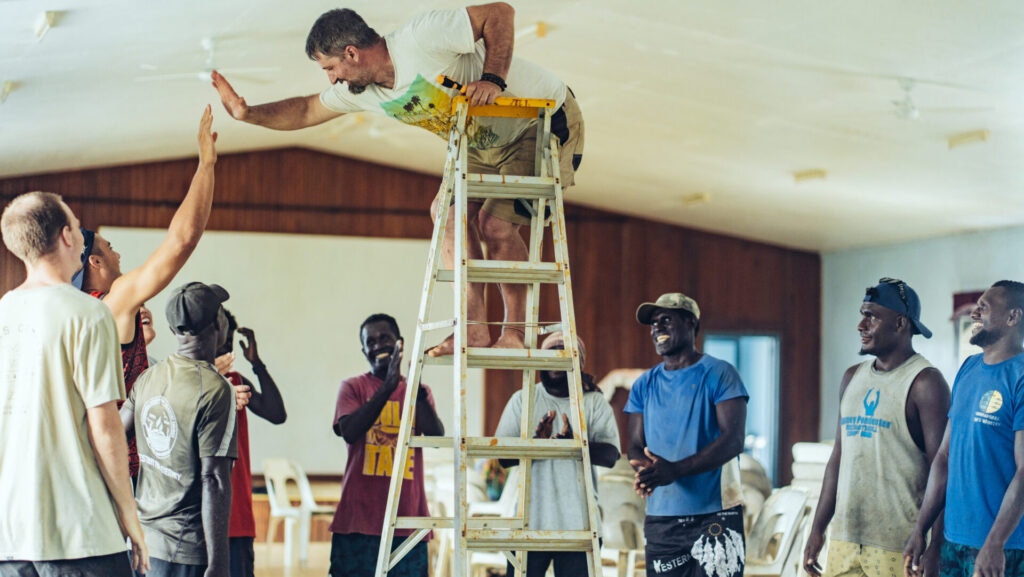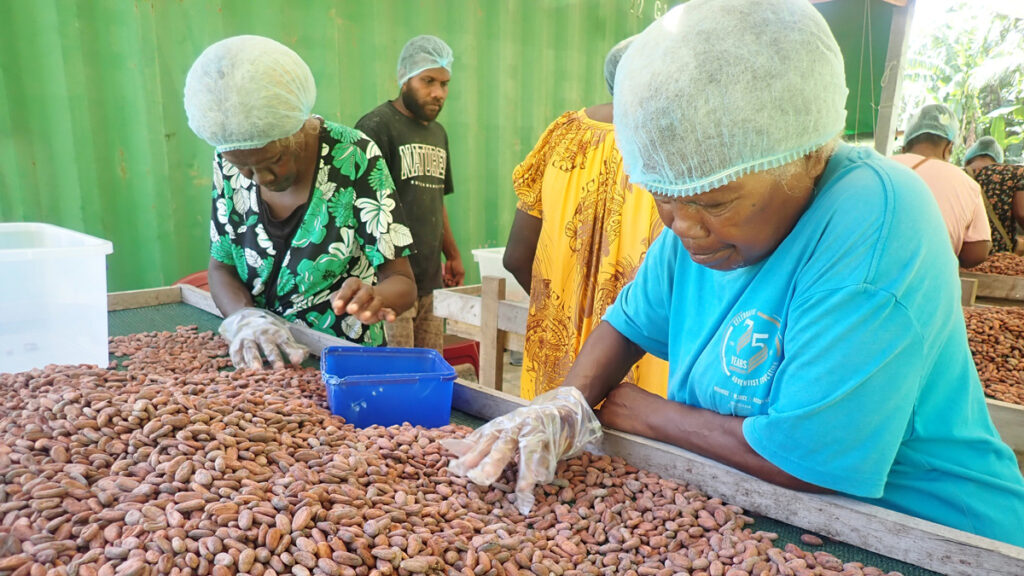The Adventist Development and Relief Agency (ADRA) has successfully handed over fully completed sanitation facilities to four schools in Western Province, Solomon Islands.
The sanitation facilities, including separate toilets and showers for boys and girls, were funded by ADRA and implemented through the Turn on the Tap (TOTT) project.
The schools that benefited are Kalaro Primary School, Nusa Simbo Primary School on Simbo Island, and two schools in the Vonavona Lagoon: Barasipo Community High School and Rawaki Community High School. All four schools are owned and operated by the United Church Education Authority.
During the handover, Western Provincial Government health minister Kenneth George emphasised the importance of sanitation in schools.
‘’The provincial government cannot provide all necessary facilities so we are grateful for ADRA’s generous support in constructing safe and hygienic facilities for these schools,” he said.

United Church Education Authority education secretary Jacqueline Turanga expressed her deep appreciation for ADRA’s efforts, while the principals and head teachers of the beneficiary schools echoed their gratitude. They highlighted how the new facilities would reduce absenteeism, prevent sanitation-related illnesses and improve students’ overall wellbeing.
All principals said these facilities meant that students no longer need to use beaches or bushes for open defecation. This marks a significant improvement in their schools’ hygiene standards.
The TOTT project focuses on partnering with school leaders, education authorities and provincial service providers to enhance access to potable water, clean and safe toilets, sustainable menstrual supplies and effective hygiene education in schools. Special emphasis is placed on the needs of girls and children with disabilities, aligning with national standards and guidelines.
By addressing these critical needs, the project aims to foster safe and healthy learning environments, reduce school closure rates, promote good hygiene practices, improve menstrual hygiene management, and strengthen relationships between schools and their communities.






